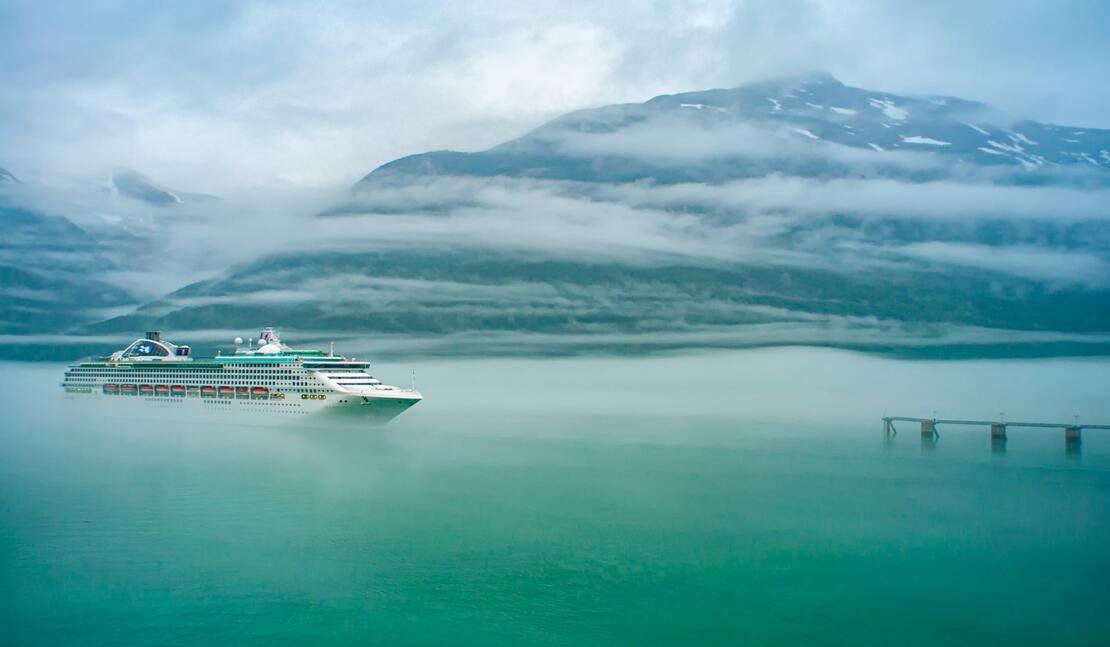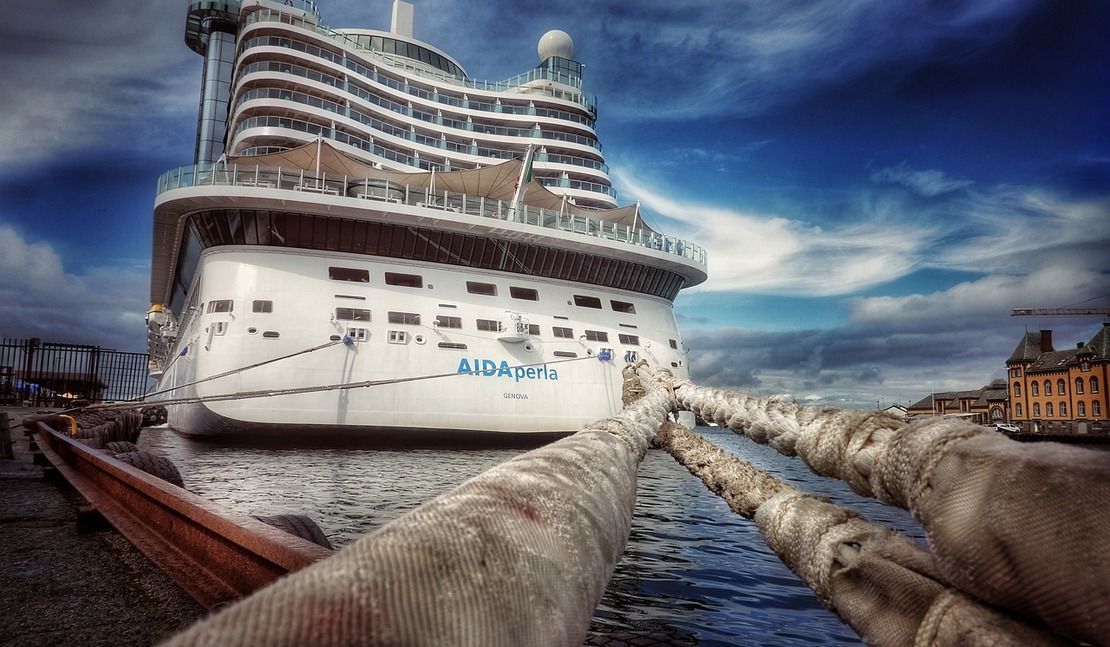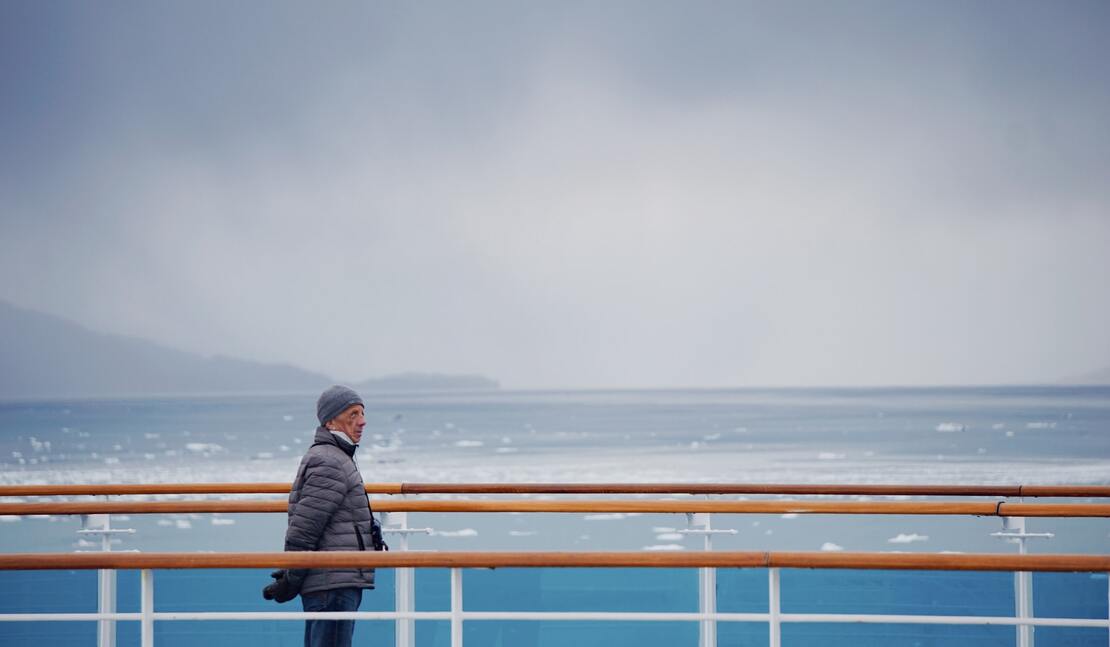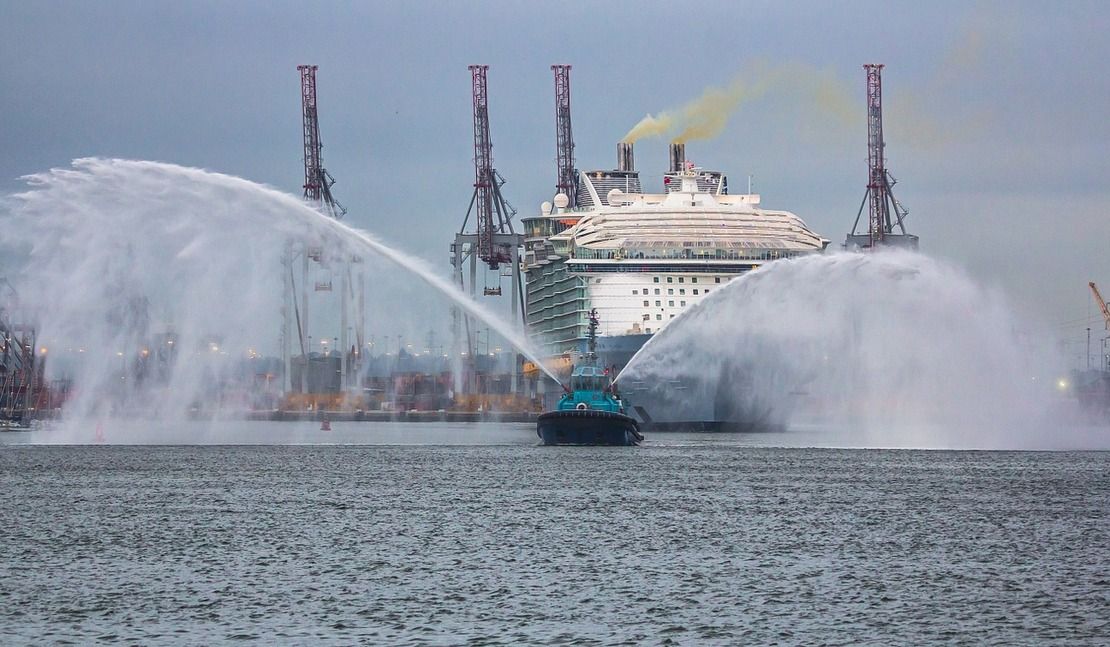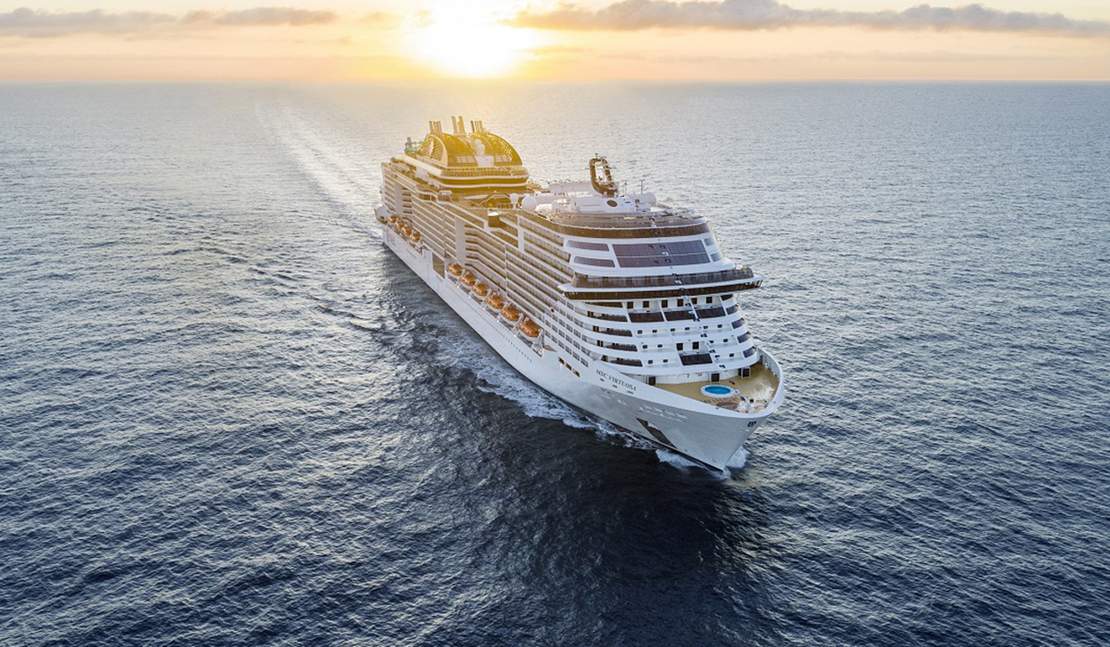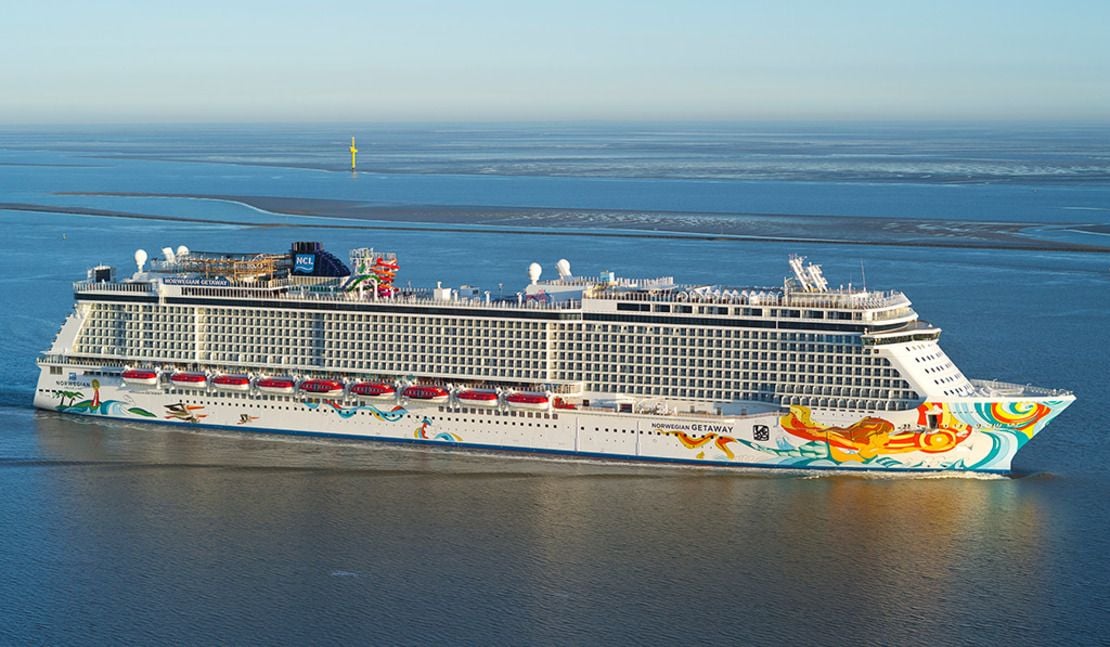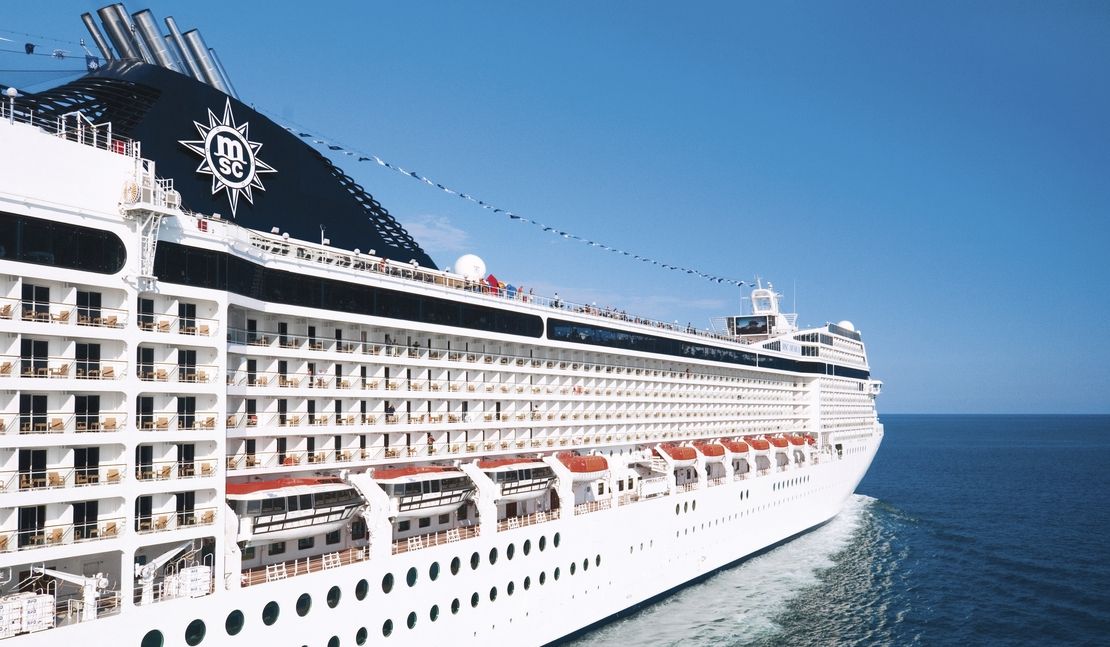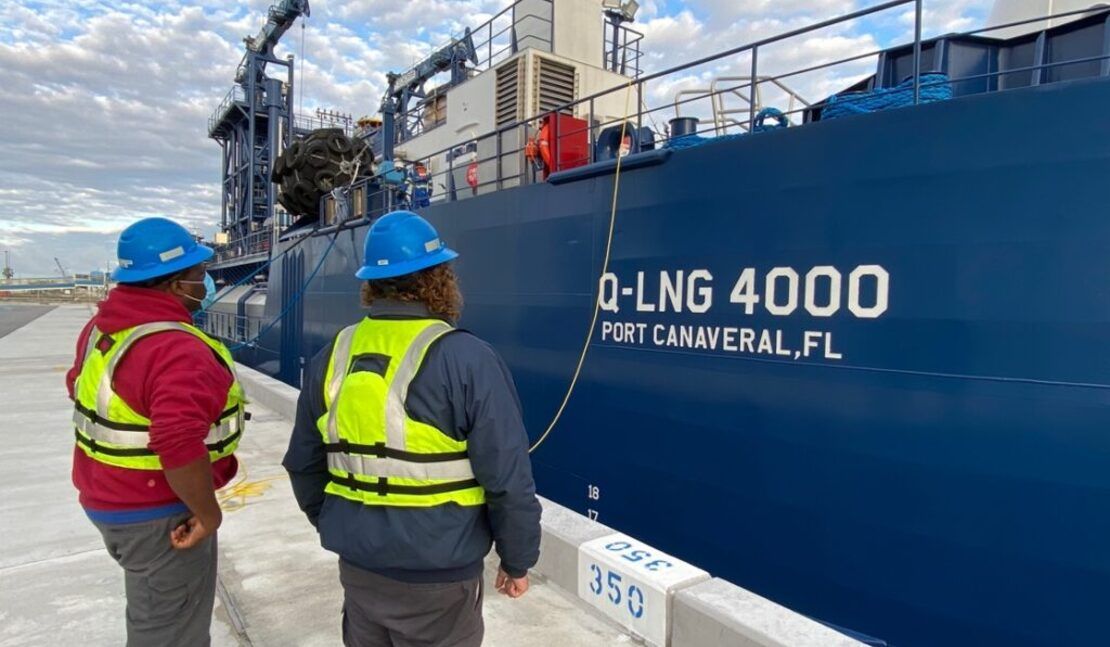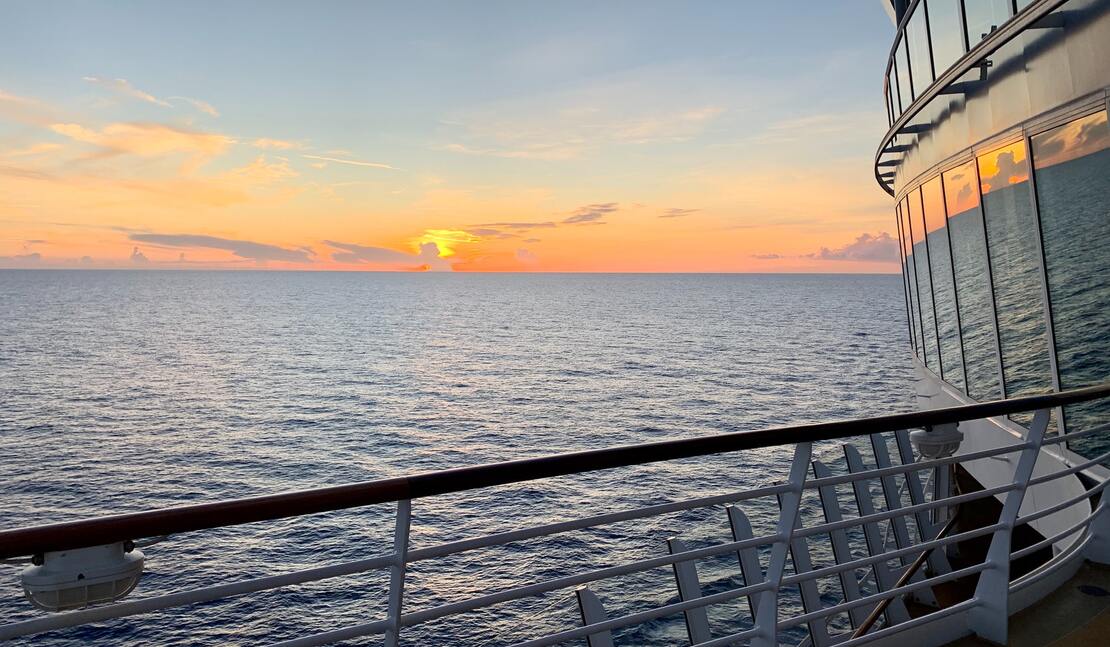At the end of October 2020, the Canadian Government announced a cruise ban through to February 2022. This came as a surprise and disappointment as all the major cruise lines use one of Canada's ports as either a port of call or a departure / arrival port.
Following a lengthy process of negotiation between the Alaskan authorities and the Canadian government that did not result in any positive outcome, two U.S. Senators, Lisa Murkowski and Dan Sullivan (both Republicans from Alaska), have introduced a bill in the US Senate to find a way for cruise lines to sail between Alaska and the state of Washington without calling at a nearby foreign port.
Why the Jones Act is not relevant here
Most writers or bloggers refer to the Jones Act when debating or commenting on why the cruise ban from Alaska is so important.
The Jones Act has very little to do with cruise ships. It requires goods shipped between two U.S. ports to be transported on a ship built and operated by a US citizen or a permanent resident.
Two U.S. laws come into play in this Alaskan season:
- The Passenger Vessel Service Act.
- 2016 ruling from Customs and Border Protection
The Passenger Vessel Service Act.
The 1886 act stipulates that no foreign vessel should transport passengers between two U.S. ports without calling into a distant foreign port during the sailing.
For more: the Passenger Vessel Service Act.
All Canadian ports are considered as nearby ports, therefore cruise lines cannot start in one U.S. port, call on a Canadian port and end in another U.S. port – it would be breaking the Act.
Hence the reason that itineraries that are a one-way trip through Alaska, will start / end in Anchorage and start / end in Vancouver, Canada. This is because there is no restriction of transportation between a foreign port and a US port, so if the ship doesn’t call in at a distant foreign port, it has to start or finish in a foreign country.
The Customs and Border Protection ruling
According to the above PVSA Act, a cruise ship is allowed to start and finish in a U.S. port without having to call at a distant foreign port.
For more: Why is there no cruise to nowhere in the USA
However, if the crew of the ship is foreign (which most crew on major cruise lines are), the ship will have to call at a foreign port during the itinerary, but it can be in a nearby foreign port, rather than a distant one.
This is the reason why itineraries cruising in a round trip from Seattle will stop in Victoria, Canada on the way back to Seattle. If not they will be in contravention of the CBP ruling.
What is the need for this Bill?
As we have established above, cruise ships sailing to Alaska will have to either add a foreign port as a departure or return point or add a foreign stop during their itineraries if they arrive and depart in the same U.S. port.
What is in the Bill?
Lisa Murkowski and Dan Sullivan’s senate bill states the following:
“To restrict the imposition by the Secretary of Homeland Security of fines, penalties, duties, or tariffs applicable only to coastwise voyages, or prohibit otherwise qualified non-United States citizens from serving as crew, on specified vessels transporting passengers between the State of Washington and the State of Alaska, to address a Canadian cruise ship ban and the extraordinary impacts of the COVID–19 pandemic on Alaskan communities, and for other purposes.”
Normally the fine stands at USD 798 per person, which means for ships carrying around 3’000 passengers, the cruise line could be fined USD 2.4 million per voyage - a fine they will want to avoid.
The bill would classify any cruise itineraries between Alaska and Washington State as a foreign voyage and would not be subject to either ruling.
Any chance of this bill passing?
Despite calls from Michael Bayley, President and CEO of Royal Caribbean, asking his Facebook followers to support the bill, the probability that it will pass is very slim.
The PVSA has only been amended in time of real emergencies or war. Will the COVID-19 pandemic be considered as one of those times?
